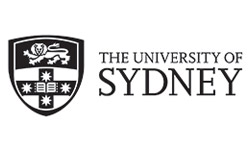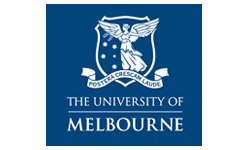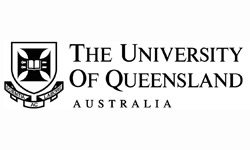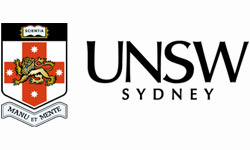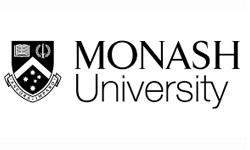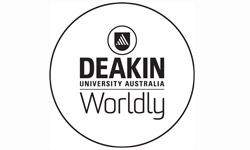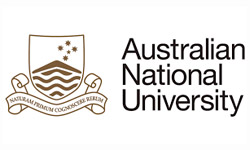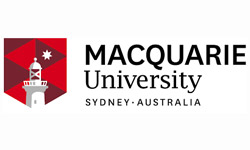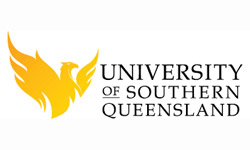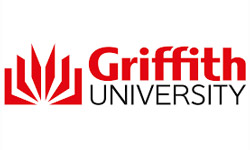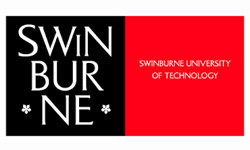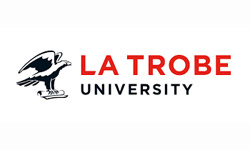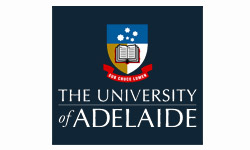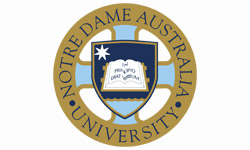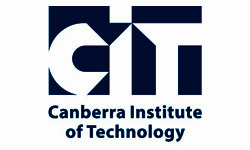
Culture
International Admission Service is a proper guide for Scholarships in Australia. If you want to study in Australia with scholarships. We recommend the highest ranked university like Melbourne and Sydney University.
Australian culture is as broad and varied as the country's landscape. Australia is multicultural and multiracial and this reflects in the country's food. lifestyle and cultural practices and experience.
Australia has an important heritage from its indigenous people. Which plays a defining role in the cultural landscape.
This diversity of influences creates a cultural environment in Australia. That is lively, energized, innovative and outward-looking.

Population
As of December 2014, Australia's population is roughly 23.6 million people. The most populous states are New South Wales and Victoria, with their respective capitals, Sydney and Melbourne, the largest cities in Australia.
Australia's population is concentrated along the coastal region of Australia from Adelaide to Cairns, with a small concentration around Perth, Western Australia. The centre of Australia is sparsely populated.

Climate
The majority of Australia experiences temperate weather for most of the year.
The northern states of Australia are typically warm all the time, with the southern states experiencing cool winters but rarely sub-zero temperatures.
Snow falls on the higher mountains during the winter months, enabling skiing in southern New South Wales and Victorian ski resorts, as well as the smaller resorts in Australia's island state, Tasmania.

Geography
Australia is an island continent and the world's sixth largest country (7,682,300 sq km).
Lying between the Indian and Pacific oceans, the country is approximately 4,000 km from east to west and 3,200 km from north to south, with a coastline 36,735 km long.
Canberra is Australia's capital city. With a population of approximately 380,000 people and situated in the Australian Capital Territory, Canberra is roughly half way between the two largest cities Melbourne and Sydney.
Australia has 19 listed World Heritage properties. Australia is also famous for its landmark buildings including the Sydney Harbor Bridge; its ancient geology, as well as for its high country.

History
Australia's first inhabitants, the Aboriginal people, are believed to have migrated from some unknown point in Asia to Australia between 50,000 and 60,000 years ago.
While Captain James Cook is credited with Australia's European discovery in 1770, a Portuguese possibly first sighted the country, while the Dutch are known to have explored the coastal regions in the 1640s.
The first European settlement of Australia was in January 1788, when the First Fleet sailed into Botany Bay under the command of Captain Arthur Phillip. Originally established as a penal colony, by the 1830s the number of free settlers was increasing. Transportation of convicts to the eastern colonies was abolished in 1852 and to the western colonies in 1868.

Legal system
Australia follows a Westminster system of government and law inherited from the British who originally colonized the country.
There are two main political parties and a number of minor parties, which make up the Commonwealth Parliament. Each state and territory also has its own government.
When most people think of Australia, they see wide open spaces of outback bush, kangaroos, koalas and clean air and water. However, Australia has so much more to offer than just that! Many international students are choosing to study in Australia because of its friendly, laid-back nature, excellent education system, and high standard of living.
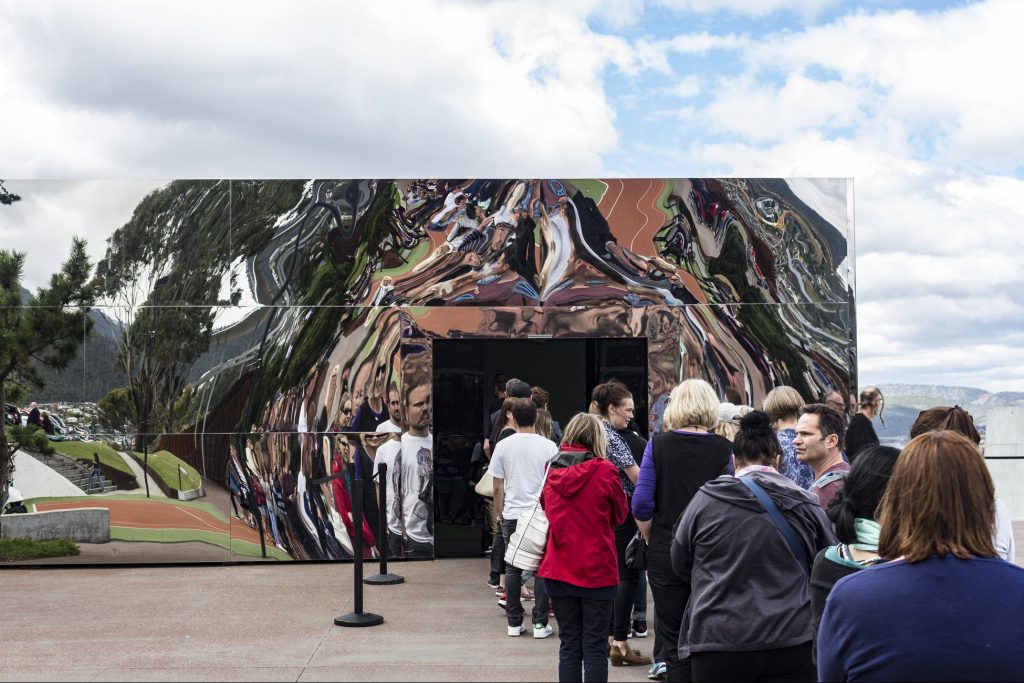
Growing Destination
Australia is currently the third most popular destination for international students in the English-speaking world, behind the United States and the UK. Many international students choose to study there because of the cultural diversity, friendly natives, and high quality of education.
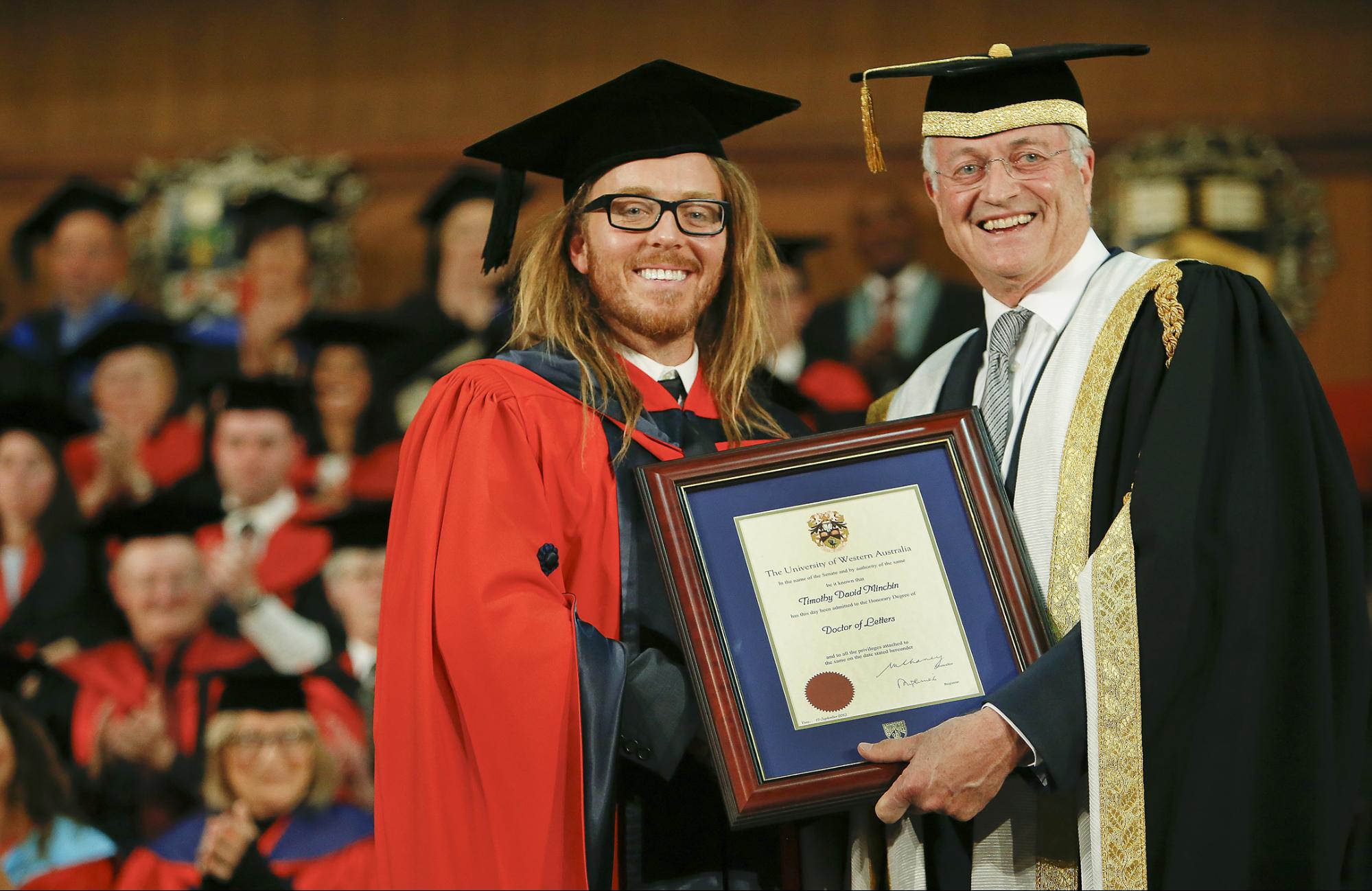
Global Recognition
Schools and employers all over the world recognize degrees from Australian schools. Graduates from Australian schools are highly sought after due to the impressive international reputation of the Australian education system. This system is carefully regulated by the Australian government in order to maintain the high standards of education associated with the country.

Cost of Living
Australia’s standard of living is amongst the highest in the world. Living expenses and tuition costs are considerably lower in Australia than they are in the United States and United Kingdom. International students are able to work part time while they study, allowing them to offset their living costs. There is also the possibility of scholarships, which can help to lower the cost of studying in Australia for international students.
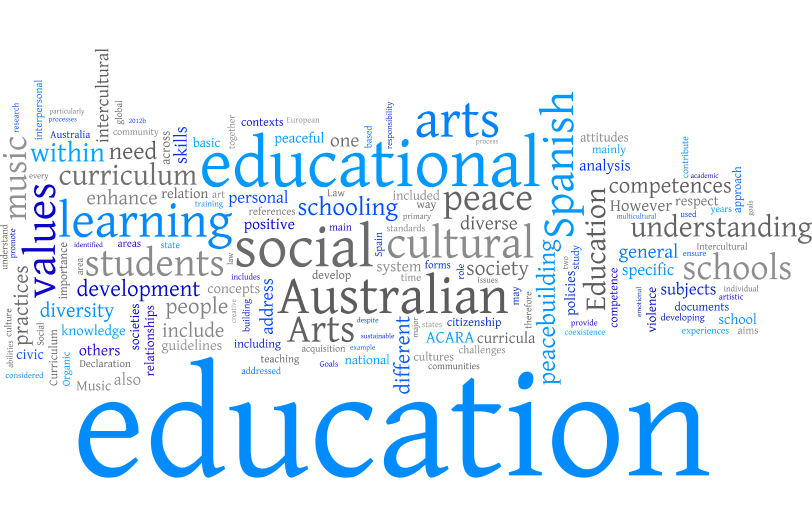
Diversity of Education
Institutions in Australia offer a wide variety of courses and degrees, so international students can easily find the school and field that are right for them. The first decision international students have to make when choosing a degree program is which type of school is most catered to their needs and interests. Students can choose between universities, vocational education, and English language training. If necessary, it is easy for students to move between one qualification levels and from one institution to another.

Technology
One of the most appealing aspects of the country for international students is the quality of scientific research. Australia is at the forefront of new technology and innovations. Students who study in Australia can take advantage the country’s impressive technology and research resources.

Work
Students visiting the country are allowed to work up to 20 hours per week while they are studying in Australia. This is a great opportunity for students who want to earn money to help with living expenses during their stay, and for students who want to gain work experience in their field of interest while they study. When most people think of Australia, they see wide open spaces of outback bush, kangaroos, koalas and clean air and water. However, Australia has so much more to offer than just that! Many international students are choosing to study in Australia because of its friendly, laid-back nature, excellent education system, and high standard of living.
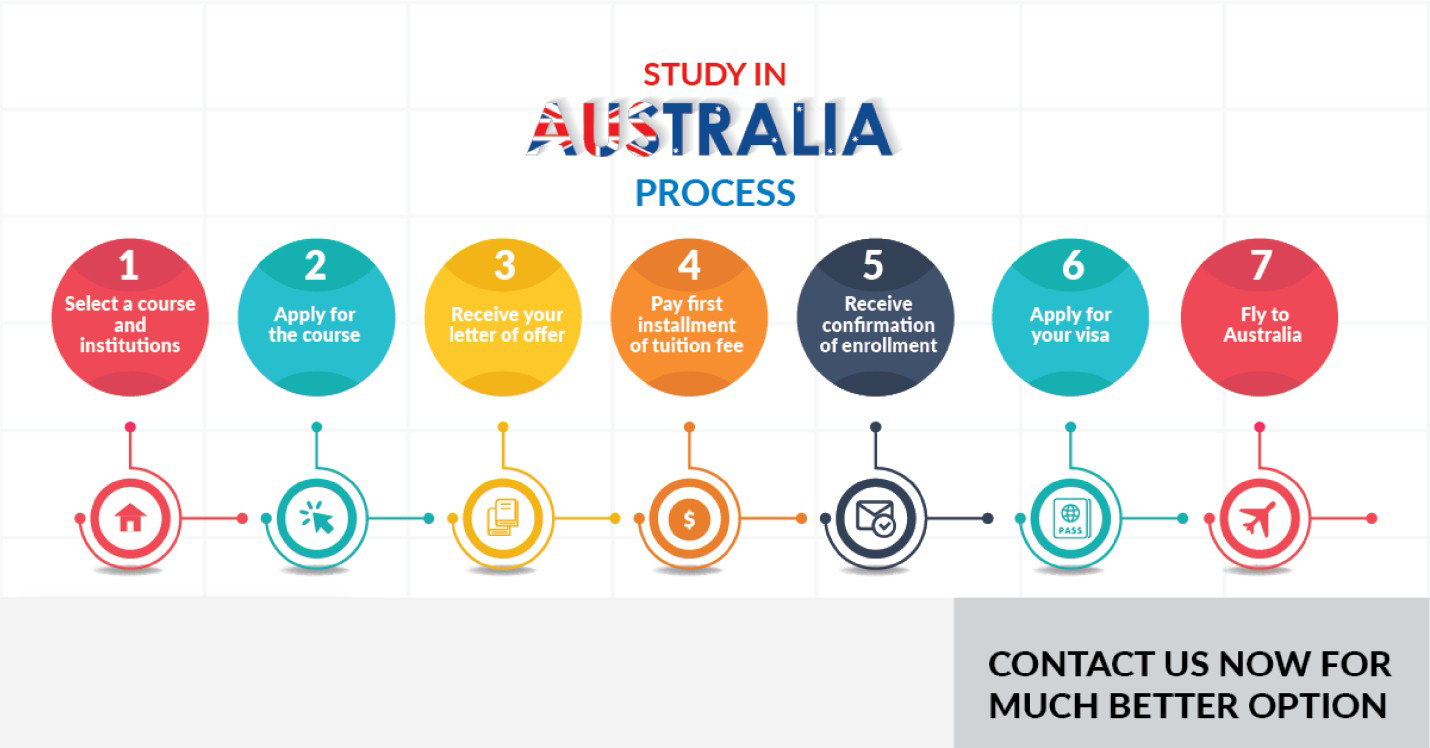
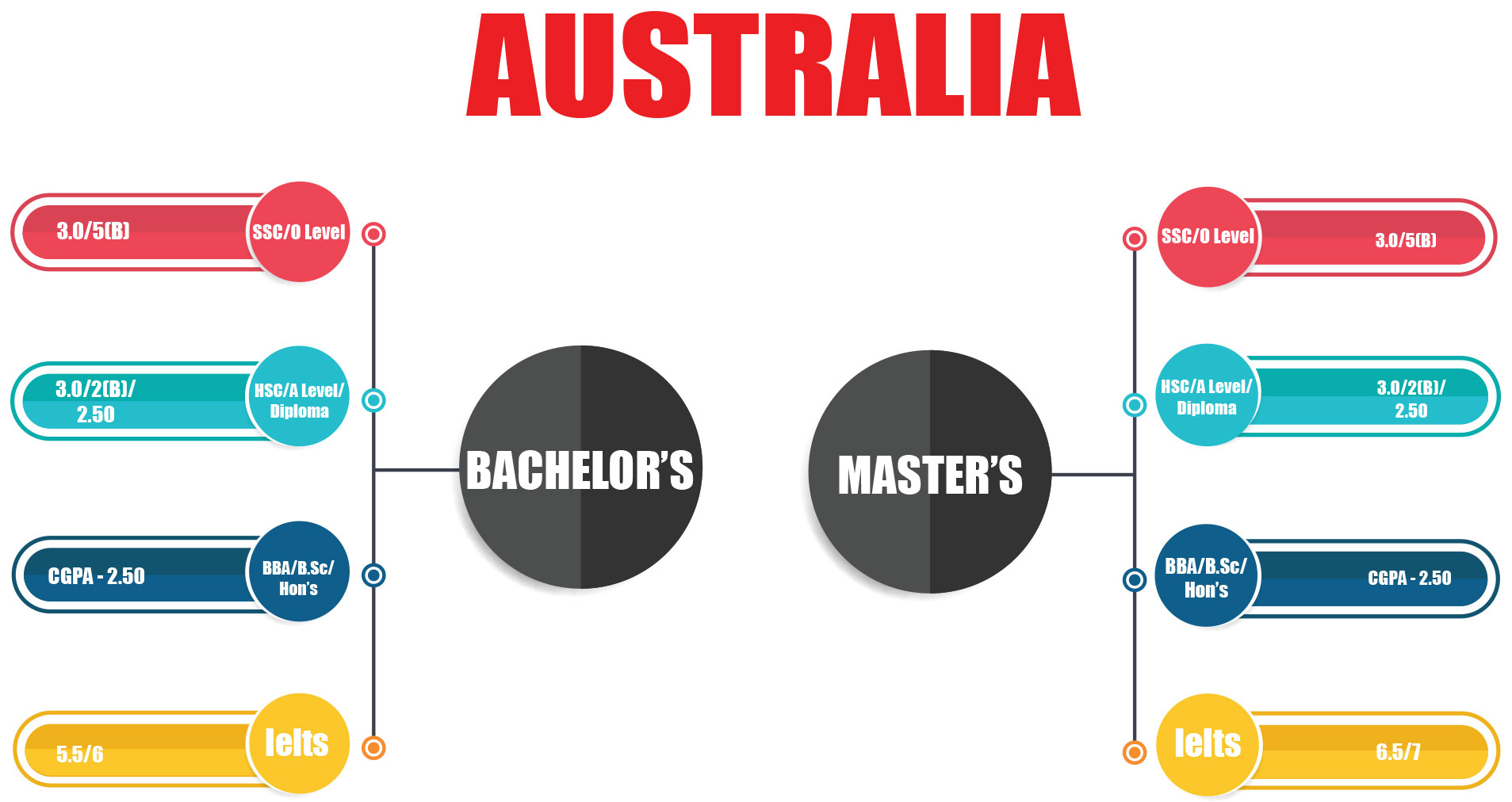

During Study
Working while you study in Australia can help complement your study and living experience. There are a number of reasons you might want to undertake part time work while studying in Australia, including assisting with living expenses and gaining work experience in your study area.
Most student visas allow you to work for up to 40 hours every two weeks while your course is in session, and unrestricted hours during any scheduled course break, but before you undertake any paid work you need to make sure your visa allows you to work.
Paid work
Australia has a wide range of industries and many have part time employment opportunities, including:
- Retail - supermarkets, department and clothing stores.
- Hospitality - cafes, bars and restaurants.
- Tourism - hotels and motels.
- Agricultural - farming and fruit-picking.
- Sales and telemarketing
- Administration or Clerical roles.
- Tutoring.
If you have existing qualifications and/or professional work experience, you may be able to secure casual or part time work in your field.
Internship
Paid or unpaid internships can be a great way to get exposure to the professional, financial and creative industries. Learn more about getting an internship on the Internships page in the Education System section of this website.
Volunteering
There are many charities and non-government organizations (NGOs) in Australia and they always need volunteers to help out. It can be a great way to meet friends, get some hands on work experience and give back to the community.
Your rights
Australia has a wide range of industries and many have part time employment opportunities, including:
- A minimum wage and superannuation.
- Challenge of unfair dismissal from the job
- Leave, breaks and rest periods.
- A healthy and safe work environment.

After Study
Unlike in some other English-speaking countries, there is no automatic right associated with your student visa to stay on and work for a period of time in Australia after you complete your degree. When you receive your student visa, the government lets you in on basis of temporary entry for study with the understanding that you will leave upon completion of course and before the visa will expire. However, Australia continues to have demand for foreign workers, and students that have earned a degree in Australia have a special work visa category. There are also several other visa categories open to international students, and Australia has a very straightforward path to permanent residency using a points system . If you want to stay and work after you graduate, you must apply and obtain a work visa.
Here are a few of the categories of visa that are available:
485 Skilled Graduate (Temporary Visa)
This visa is the most common option available to international students after graduating. With a 485 visa, you are allowed to stay in Australia for 18 months to gain work experience only if you have just completed at least two years of study in Australia.
402 Training and (Research Visa)
Another option for international students, the 442 visa is for students to improve their work skills for up to two years while being sponsored by an employer.
487 Regional (Sponsored Visa)
This visa provides a pathway for permanent residency while allowing you to work for 3 years and work in a specialized regional area
887 Skilled Regional (Residence Visa)
The 887 visa awards you permanent residency and with this you can live and work in Australia permanently. You must have already lived in Australia for two years, have a year of work experience and have sufficient points.
885 Skilled Independent (Residence Visa)
The 885 visa allows you to live as a permanent resident and work without needing to be sponsored
886 Skilled Sponsor (Resident Visa)
The 886 visa allows an overseas student to apply for permanent residency and work while being sponsored by an employer.
As mentioned above, Australia uses a point system to see if someone qualifies for most visas. The point evaluations will be assessed along with your application to see if you qualify. These are a few of the items that gain you points:
- English ability or mastery
- Occupation in demand
- between 19 and 44 years of age
- Work experience
- Australian qualifications (length of study)
- Sponsorship
To see if you have enough points to pass use the point calculator.
You should make an appointment with one your university's counselors to discuss your options before you graduate as rules and requirements change often.

Documents Required
- Your passport, valid for the duration of your studies plus one month.
- Two Photograph (With White Background)
- A letter of acceptance from a Canadian educational institution confirming name and length of the program, tuition fees, living expenses, semester for which the admission is valid and last date for registration.
- All educational documents, including marks sheets (SSC, HSC, Bachelors, Masters or other post- secondary, college, vocational or university diploma, certificate or degree).
- Proof of funds sufficient to cover your tuition and living expenses for your first year of study in Canada.
- You must provide a one year statement of transactions from personal bank account(s) (an original certified bank issued statement or a certified copy of passbooks), as well as fixed deposit certificates, savings certificates, PSP certificates or any other proof of savings.
- You must also demonstrate that sufficient funds will be available to support yourself during the whole duration of your program.
- Confirmation of any scholarship, grant, teaching or research assistantship including name of the providing institution or organization, amount per semester or year and duration.
- If some or the totality of your funds are provided by a sponsor (either parents or third party) you must also include:
- Notarized declaration of sponsorship. If you have more than one sponsor, a separate declaration must be provided for each sponsor. However, sponsors who are husband and wife can appear on the same declaration.
- Details of assets and income for each sponsor with supporting documents such as property documentation, land deeds, rent agreement, business license, business tax information, employment letter with salary information.
- You must also provide the income tax forms (tax assessments and tax paid receipts showing total income and amount of income tax paid) for the past two years.
- If someone other than yourself or your parents is providing funds you must include:
- Letter of explanation as to the reason why this person is assisting
- Number of persons living in this persons household
- Proof of this persons relationship to you; birth, marriage or school certificates, passport.
- Affidavits or self-declarations are not acceptable proof of relationship.
- Proof of employment for yourself, if applicable, and your parents (employer's full name, address, phone number, name of supervisor with his phone number, length of service and salary details).
- If you will be attending an educational institution in the province of Quebec you must provide a CAQ (certificat d acceptation du Quebec) from the Government of Quebec.
- Your police clearance certificate and your birth certificate
- If you are under 18 years of age at the date of your departure for Canada, you must provide a notarized guardianship agreement signed by both your parents (and legal guardian) and the person who will be your guardian in Canada.
- If a consultant or a legal representative has provided you help to prepare your application or to gather the supporting documents, you should provide the details of this person (name, name of company, address and phone number). If the consultant or legal representative is located in Canada, provide his CSIC number.
- Proof of Tuition fee payment
- Visa Application forms
- 2 complete photo copy sets of all the above attested and notarized.
Graduate |
|
Course |
Fee |
| Business | AU$25,928 - AU$29,516 |
| Engineering | AU$35,050-AU$37746 |
| Arts | AU$25,928 to AU$29,516 |
| Biomedicine | AU$2,384 to AU34,600 |
| Science | AU$31,604 to AU35,104 |
Postgraduate |
|
Course |
Fee |
| Business | AU$31,593-AU$33,000 |
| Engineering | AU$30,111 |
| Arts | AU$30,500 |
| Law | AU$31,500 |
| Science | AU$30,200 |

